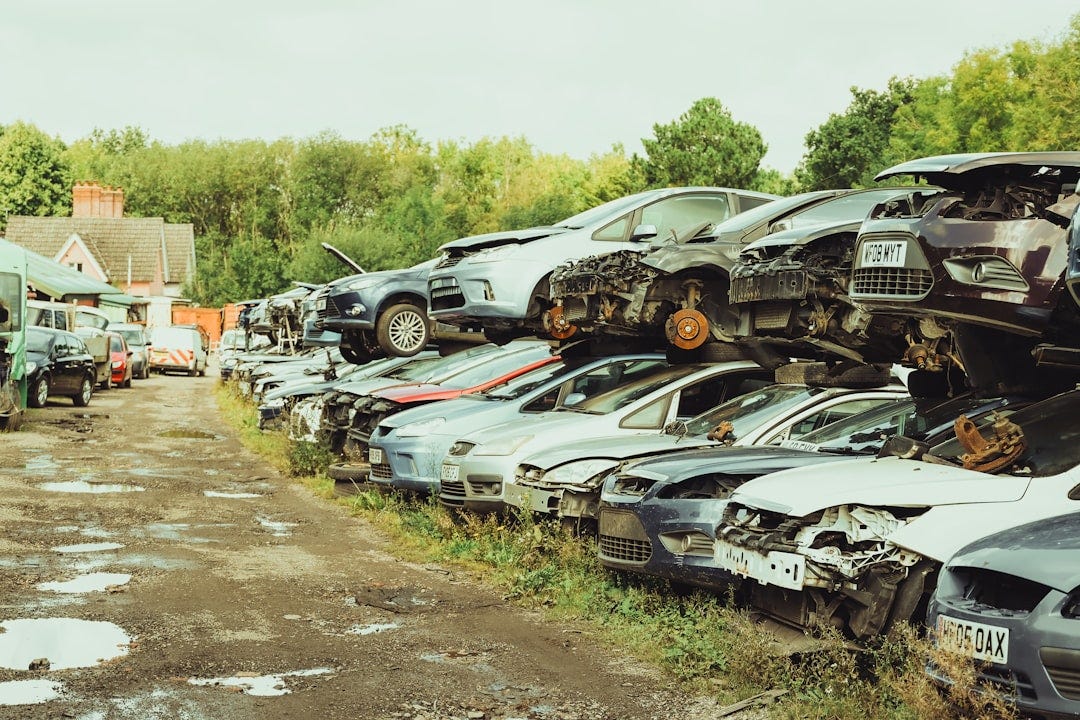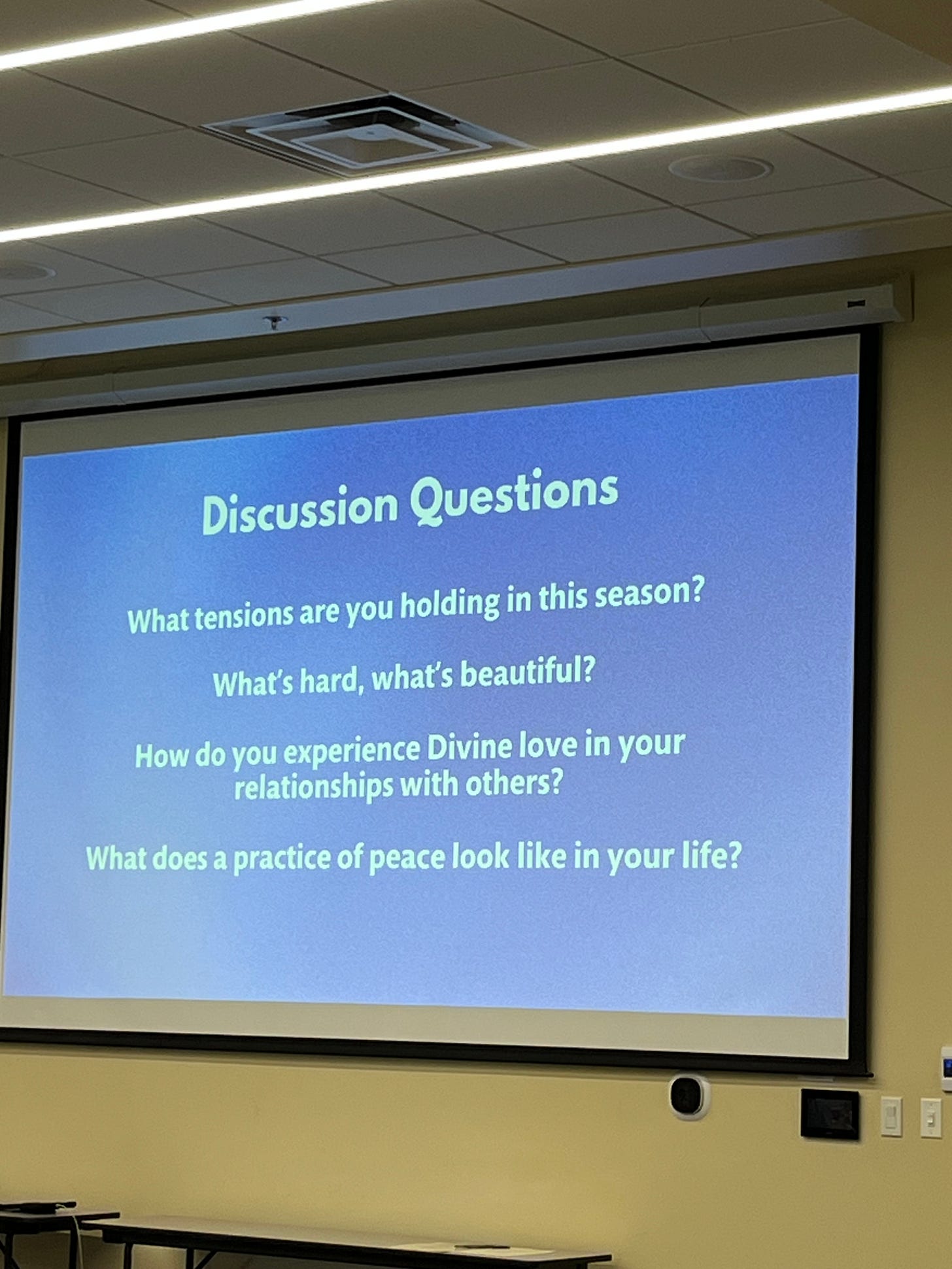There are children who dream big dreams, but I was never one of them.
Do children of refugees get to dream? I have been wrestling with this my whole life.
In place of dreams, I watched car oil dripping into bins, splattering on a cement floor. While kids in affluent neighborhoods skipped off to summer camp, I spent countless hours in and behind the garage, staring at a junkyard of abandoned metal. Because my parents often worked 16 hours days, struggling to survive in a country that provided little support after refugee resettlement, my parents shuttled me back and forth between my uncle’s auto repair garage, homes of neighbors, and homes of fellow Khmer refugee families.
But Saturdays were the one day I could dream of a different future. On Saturdays, I went to piano lessons. Unlike most Asian Americans, I didn’t learn piano because piano was an essential instrument. My dad later explained, piano was “to keep you off the streets.”

In the beginning, I stared at the kitchen timer on the wooden piano, yearning for the minutes to pass faster, my small fingers foreign to the keyboard. When I just sat there, my mom shouted at me from the kitchen. “I make $3 an hour, and when you don’t practice, you are wasting my money. It’s fine, you quit, then we can buy food instead,” she threatened.
But after a few years, the piano became my friend. It sang my excitement of learning new pieces. I loved to feel the vibration and resonance of the piano beneath the ivory keys. My forearms ached as my muscles tightened from playing scales over and over.
By my senior year of highschool, I had auditioned for a music school. But my parents? They nagged me endlessly. “How does piano pay the bills? Play for fun is ok, but don’t study it in college.” Worried I didn’t have talent, and feeling the urgency to pay for housing and tuition, I gave up on piano. In college, I wouldn’t have the luxury to practice daily anymore.
My piano teacher, my teacher of 12 years, sighed a sigh of defeat.
~ ~ ~
Through God’s grace, after changing my major, I decided to pursue nursing. Since my parents never believed in me, I honestly didn’t know if I was smart enough to become a nurse. Drooling over a textbook on my kitchen table, or passed out on the couch in between classes, work, and rushing to the hospital for clinicals, my days and nights began to blur together. Paying rent on time was a never ending struggle. I bought the one pair of scrubs I could afford, hand washed them in my bathtub after my shift at the hospital and hung them dry on the apartment staircase outside to save money at the laundromat.
When I became a new graduate nurse, the hustling never stopped. I was always running: running to get IV tubing before my patient’s chemotherapy finished infusing, running to start compressions for CPR, running while squeezing an ambu bag to push air into my patients lungs, running beside the stretcher en route to the ICU. Running during 12 hour nights, on tired, burning feet. As a new grad, I sometimes never ate lunch, never went to the bathroom, and cried in the break room. When I got home, I was so exhausted, I fell asleep in my car in the driveway.
But, being at the bedside forever changed me. Though difficult, it was (and still is) such an honor and privilege to be at my patient’s side, to hold their hand in their greatest time of need, during moments of death and dying, hope and healing.
~ ~ ~
Years later, I visited my old piano teacher. In her 90’s, she moved slower, but her spirit was still fierce, and she was quick to tease me as usual. She nagged me again, “Ugh, why’d you become a nurse?”
I laughed. “Isn’t it a good thing to save lives?”
“Yes, but you were determined. Out of all my students, to become a professional pianist, it could have been you. You could’ve made it. I believed in you.”
My heart fell into an invisible puddle of tears. How long had I yearned to hear that? I was too busy trying to survive.
~ ~ ~
A few weeks ago, I stumbled upon a song from Keshi, a musician I had never heard of before. The bass guitar, drums, lo-fi vibe and smooth vocals instantly caught my attention.
I looked up the musician and discovered he was Vietnamese American.
Wow! It’s so rare to find famous Southeast Asian American musicians.
Then, I read he was from Texas.
What! Me too.
Then.. I learned he was a former nurse.
No way ! We could’ve been homies. (HA, jk, he’s way younger than me.)
Then, the biggest shock- out of all the nursing schools in the U.S., he went to the same nursing school that I attended.
Whoa, we he walked the same halls, sat in the same classrooms, examined the same human mannequins in skills lab.
How does one go from an oncology nurse, to an international musician?
“12 hour shifts is really hard, really taxing, but I think it gave me some invaluable perspective and life experience that I still really hold close to this day. But I am really grateful I get to chase my dreams and play for my fans,” he said in an interview.
I began to linger over this, turned the idea over and over in mind.
For me, being a nurse is my calling. I love caring for my patients, I would not trade it for the world.
But for others? To learn that back then Keshi had worked at the bedside doing incredibly difficult work, not realizing the vision that one day his music would be magnified at an international level, sharing his songs and creativity on world stages… this really challenged me.
Sometimes it’s not just about surviving. It’s about thriving. It took me decades to learn… that we should follow our passions too.
~ ~ ~
This past weekend, I attended the Made for Pax retreat, a retreat for Christian BIPOC artists. I honestly didn’t know what to expect, but the retreat was life changing…(to be continued in another post!)
When I was a child, I was staring at junkyard with no hopes for the future, later as a teen, my musician dreams were dashed.
Becoming a nurse had become a big part of my identity, but now I’m realizing it’s not my only identity. Now as I let go of that tension of “just surviving,” I’m finally taking the jump to start a new chapter, by joining a writing fellowship. My hope is that each of us (shoutout to my fellow writers and artists in PAX) would be supported and nurtured to where we can bud, grow, blossom and flourish into the dreams that our ancestors longed for.
I’m doing it yall. My plan is to write a book. (There, I said it.) Thanks for reading this super long essay. (Should I write more long form writing or ain’t nobody got time for that?) Please send words of encouragement. 😆
What tensions are you holding this season?*
(This question is from Hailey Mitsui’s session at PAX, thank you Hailey for your teaching, it left me so inspired.)




Sophia, thank you for writing! What an honest piece. I’m here for the long-form writing!
Keep it up! I’m grateful to go on this journey with you!
We B writing 😉
Wow bong! Thank you for sharing all of that. I felt that tension in my body (I totally GET. IT.), having to put aside your passion to carve a career that is more stable in your Khmer parents' eyes. I see that you have picked up playing piano again, too!
Your writing is absolutely engaging and heartfelt. Do you plan on sharing your writing journey with us as you embark on writing your book?